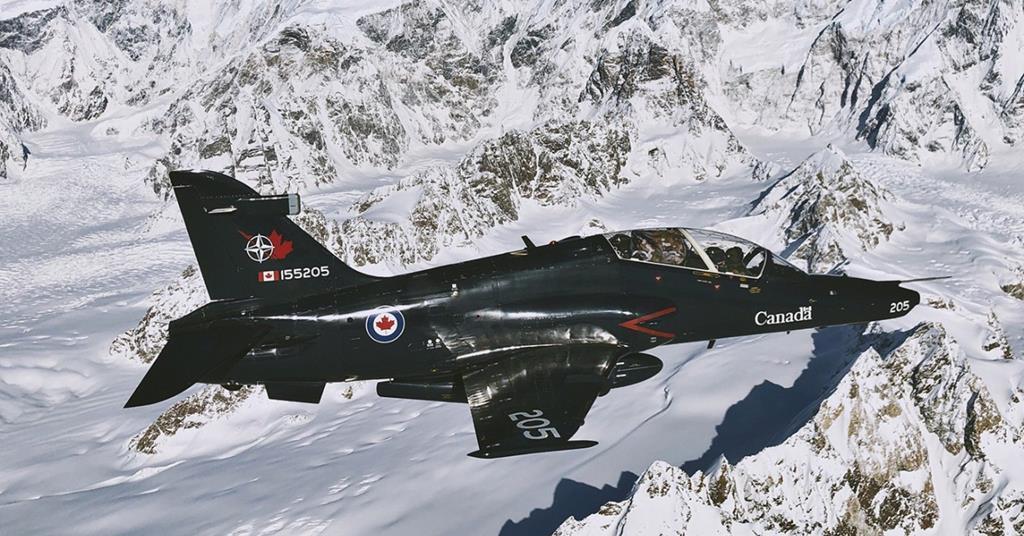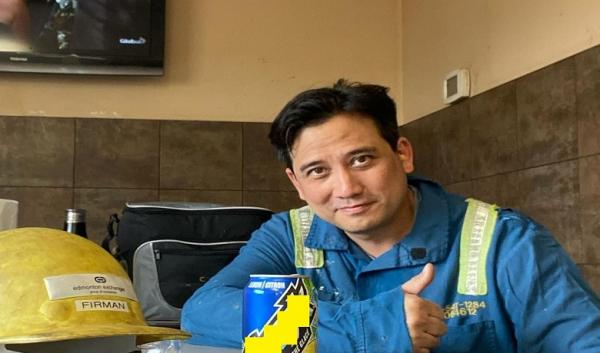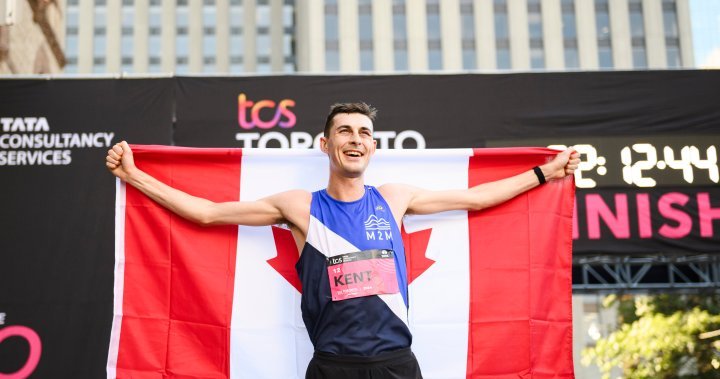The Royal Canadian Air Force (RCAF) found itself without training aircraft to train new fighter pilots.
Ottawa retired its BAE Systems Hawk jet trainers, locally designated CT-155 Hawks, on March 8. The CRA revealed the decision in a March 10 post on the social media platform.
“On Friday, the 419th Tactical Fighter Squadron held a cessation of operations ceremony in Cold Lake, Alberta, to mark both the end of CT-155 Hawk training operations for the RCAF and the start of “a period of interruption”, indicates the service.
Cirium data indicates the RCAF has 17 Hawk aircraft in service as of early 2024. Ottawa introduced the single-engine type into service in 2000, bringing its lifespan to just 24 years.
Notably, Canada has not found a replacement for its primary jet trainer, leaving the country without the ability to certify new fighter pilots domestically.
Instead, ARC trainees will undergo training overseas with various NATO allies, including the United States, Finland and Italy. A small number of RCAF instructor pilots will also be stationed overseas to assist in this effort, as part of an existing NATO partnership program.
Canadian students training with the US Air Force (USAF) will fly jets much older than the Hawks – the Northrop T-38 Talons. This training aircraft – which the USAF hopes to soon retire in favor of the new Boeing T-7A Red Hawk – has been in service in the United States since the early 1960s.
Ottawa says the decision to retire the CT-155s and suspend its training squadron was driven by the planned acquisition of fifth-generation Lockheed Martin F-35A fighters to replace the RCAF’s current Boeing CF-18 Hornets .
The service views the end of a CT-155 sustainment contract with Canada’s CAE as a “natural time” for the RCAF to transition to a new training solution – one designed to prepare trainees to fly F-35s.
“As the Hawk reaches the end of its service life after 20 years, Canada, like many countries, faces the challenges of what will be the next jet trainer in a world of fighter jets. fifth generation,” said Col. Adam Carlson. , the ARC’s director of training.
Ottawa plans to reactivate the 419 Squadron in the early 2030s, flying this new aircraft. But the question of which aircraft the ARC will select remains a matter of discussion.
Boeing’s T-7 is an option. The company’s production line in St Louis, Missouri, is expected to be operating at full capacity by the time a decision is made in Ottawa.
Another serious competitor could be the Korea Aerospace Industries T-50. This single-engine trainer is produced in partnership with Lockheed, which also assembles the F-35As that will serve as the ARC’s next front-line fighter.
British developer Aeralis is also developing a next-generation trainer with a modular cockpit that the the company says will be able to imitate fifth generation fighters.
In the meantime, the RCAF will continue to operate a variety of turboprop trainer aircraft, including the De Havilland Canada CT-142 Dash 8, Beechcraft CT-156 Harvard II and Beechcraft C-90B King Air, for multi-engine certification and basic flight training. and instruction for non-combatants.
The retired Hawk trainers will be sent to CFB Borden, Ontario, where they will serve as ground articles for the training of new RCAF aviation technicians.
Article updated March 13 to include retirement plans for the Royal Canadian Air Force’s CT-155 Hawk fleet

“Amateur problem solver. Hipster-friendly alcohol lover. Beer buff. Infuriatingly humble tv geek.”






